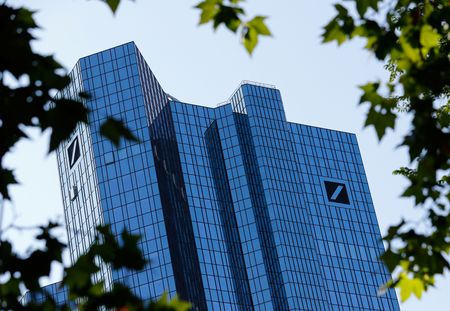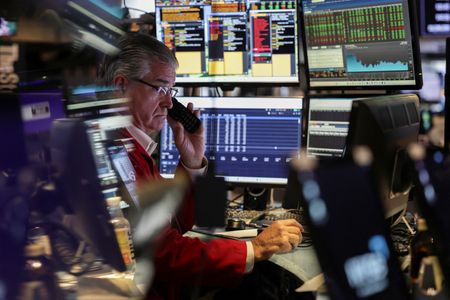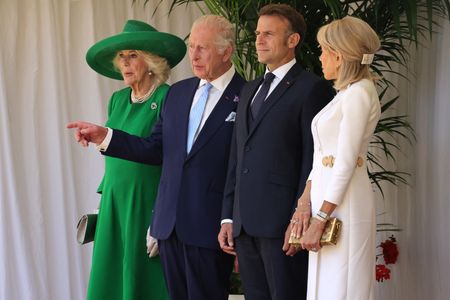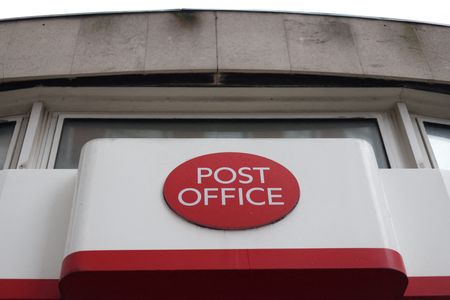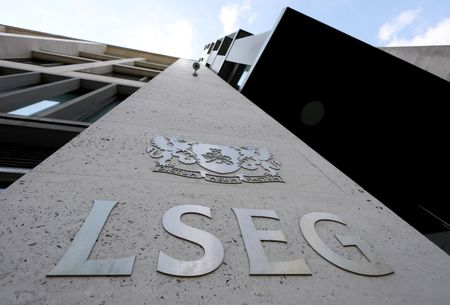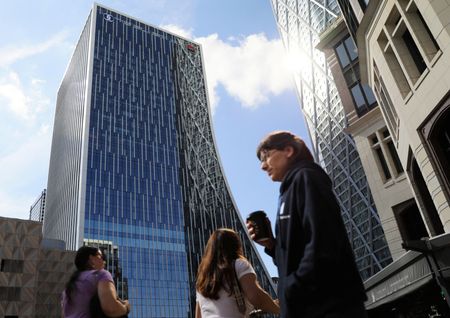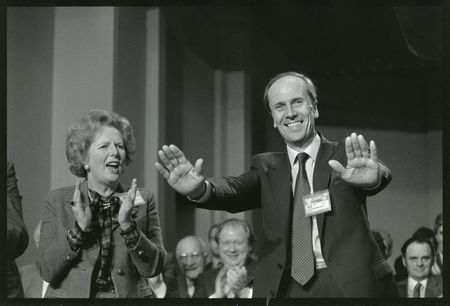By Sarah Marsh, Christoph Steitz and Maria Martinez
BERLIN/FRANKFURT (Reuters) -Some of Germany’s biggest corporations are weighing a joint initiative to boost investor confidence in Europe’s top economy, two people familiar with the matter said, adding this effort included investment commitments and a push to attract private capital.
The initiative, spearheaded by firms including Siemens, Deutsche Bank, and FGS Global, represents more than 30 of Germany’s largest companies that have jointly committed around 300 billion euros ($352 billion) in investments in Germany until 2028, the sources said.
Most of this sum, which could still change, covers commitments these companies have already made, the sources said, while the hope is that the initiative will free up more funds from firms and investors.
A July 21 meeting is planned in the Chancellery with German Chancellor Friedrich Merz and Finance Minister Lars Klingbeil, the sources told Reuters.
RWE, Rheinmetall, SAP, and Volkswagen could support the push, the people said, declining to be identified as the plans are not public and could still change.
Big international investors including Advent and KKR are also expected to play a role in the initiative, which could be formalised later this month in cooperation with Germany’s government, the sources said.
Deutsche Bank, Rheinmetall, RWE, FGS Global, Siemens, KKR, and Advent declined to comment.
SAP and Volkswagen had no immediate comment.
Germany’s government under Merz is banking on a pick-up in economic growth, which it desperately needs to take the lead in the continent’s path towards more independence from the United States.
The initiative could help repair strained relationships between Berlin and Germany’s corporate elite, which grew frustrated under the previous government led by Olaf Scholz and his perceived lack of awareness of the country’s economic malaise.
The German government in June approved a 46 billion-euro tax relief package to support companies and revive its sluggish economy from this year through 2029.
The package is the first in a series of expected measures from Germany’s new government to boost the economy, which could face a third consecutive year of contraction for the first time in its post-war history.
Germany’s parliament also approved in March plans for a massive spending surge, throwing off decades of fiscal conservatism in hopes of reviving economic growth and scaling up military spending.
“We are seeing that economic sentiment is improving, and we are seeing that Germany is again becoming a more attractive place to invest in,” Klingbeil said on Tuesday, speaking at the lower house of parliament
German business morale improved in June for the sixth consecutive month, as lower borrowing costs and the government’s fiscal package boosted confidence.
Nevertheless, growth remains sluggish, and the German government forecasts that the economy will stagnate this year, as it is severely exposed to trade uncertainty.
German business associations have criticised the new government’s surge in public spending, which targets defence and infrastructure, saying it will not be enough to revive the economy unless it comes with structural reforms to boost competitiveness.
($1 = 0.8519 euros)
(Reporting by Sarah Marsh, Christoph Steitz and Maria Martinez; Additional reporting by Alexander Huebner, Editing by Miranda Murray and Rod Nickel)

